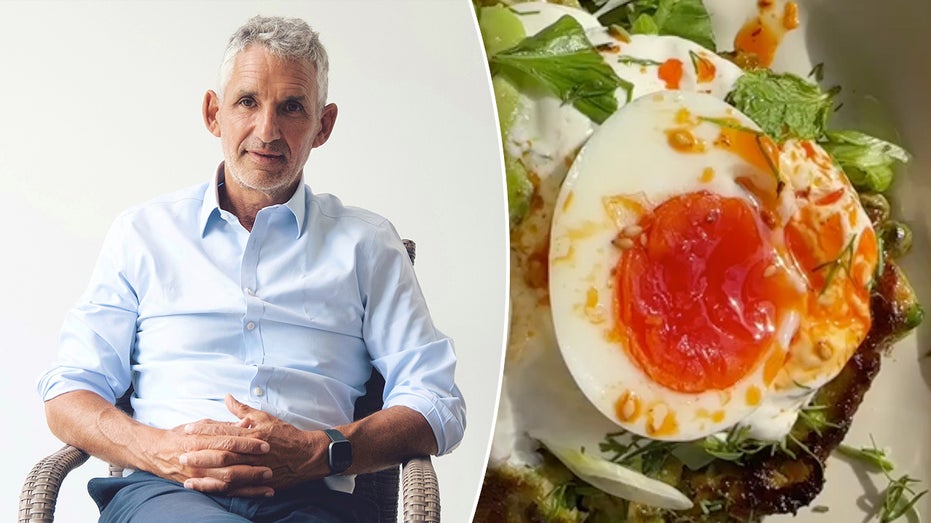Cracking the Code: How to Eat Eggs Safely Amid Bird Flu Buzz

Sarah Johnson
March 1, 2025
3 min read
Brief
Experts reassure that eggs remain safe to eat despite bird flu outbreaks. Proper cooking and handling ensure safety, while eggs continue to be a nutritious dietary staple.
As bird flu continues to ruffle feathers across poultry farms, health experts are scrambling to reassure us that our beloved breakfast staple, the humble egg, remains safe to eat. Professor Tim Spector from King's College London, took to Instagram to share some egg-cellent advice on how to enjoy eggs without worry. Apparently, these little guys are packed with essential vitamins and minerals, including A, B12, selenium, and high-quality protein.
"The yolk is especially rich in choline, a crucial nutrient for brain health, and eggs are one of the few natural sources of vitamin D," Spector noted.
Despite over 23 million egg-laying chickens in the U.S. being affected by bird flu outbreaks since the start of 2025, Spector insists the risk from eggs is minimal. He explains that infected hens don't lay eggs, and commercial farms are quick to cull affected flocks before their eggs even hit store shelves.
To ensure your eggs are as safe as possible, Spector advises cooking them thoroughly to 165 degrees Fahrenheit. This, he says, will "kill the virus completely," even if a contaminated egg somehow makes its way into your kitchen. Registered dietitian Lauren Harris-Pincus agrees, stating that eggs are safe to eat when cooked through with both the white and yolk fully set. For egg-based dishes like quiche or frittata, aim for an internal cooking temperature of 160 degrees Fahrenheit.
Another common question? Whether you should wash your eggs. The answer is a resounding no. According to Spector, washing eggs damages their protective layer, making them more vulnerable to bacteria and viruses. Harris-Pincus echoed this, warning that washing can compromise the shell's integrity, potentially allowing bacteria to enter through the pores. The USDA confirms that eggs already have a protective coating when laid, and further washing can increase contamination risk. If you spot dirt on an egg, simply wipe it off with a cloth before cooking.
Spector concludes that with good food-handling practices and proper cooking, the risk associated with eating eggs is extremely low. The real concern, he says, lies in the impact of outbreaks on food supply, prices, and farming. So, keep calm and eat your omelet—the science says eggs are still a safe and nutritious choice.
Topics
bird fluegg safetycooking eggsegg nutritionTim Spectorvitamin D in eggsfood safetypoultry farmsegg washingcholineHealthFood SafetyBird FluNutrition
Editor's Comments
Honestly, who knew there was so much to know about eggs? I'm just glad I can still enjoy my weekend brunch without fear. But seriously, let's hope these outbreaks get under control soon. Nobody wants to see egg prices skyrocket!
Like this article? Share it with your friends!
If you find this article interesting, feel free to share it with your friends!
Thank you for your support! Sharing is the greatest encouragement for us.



